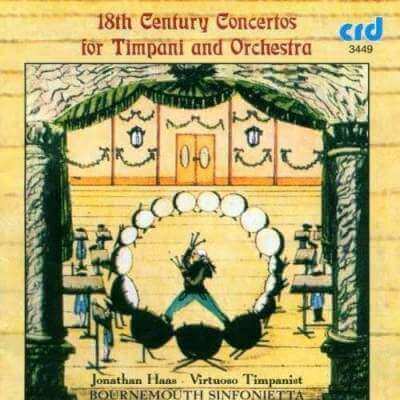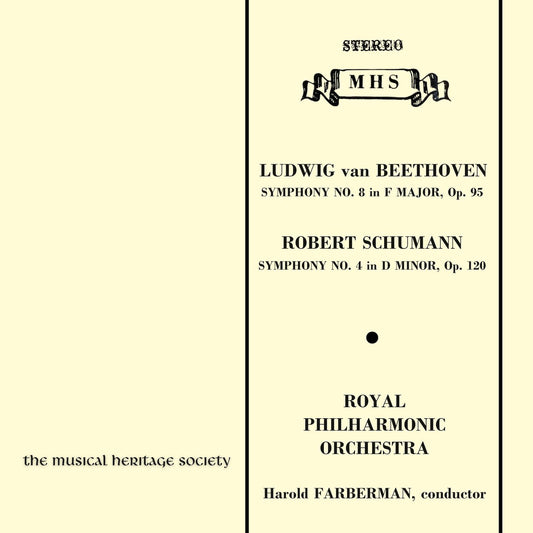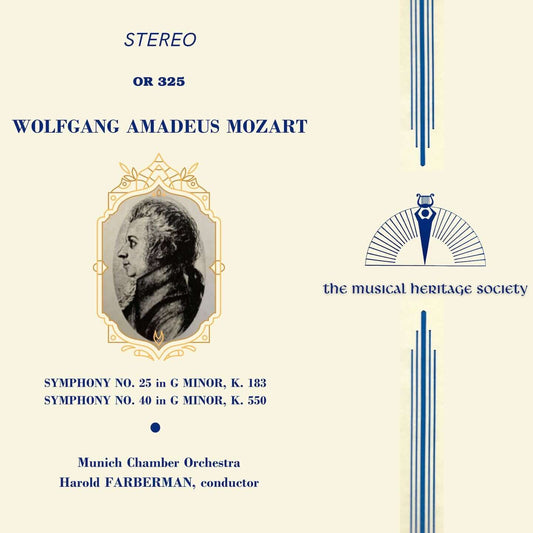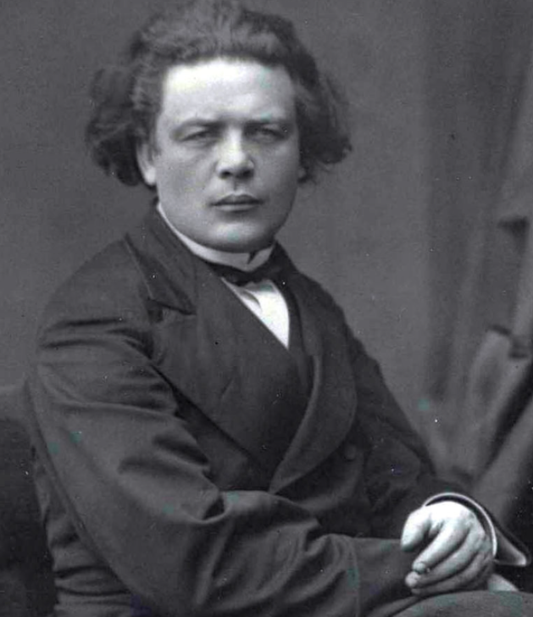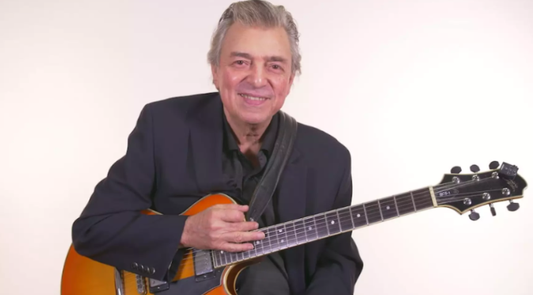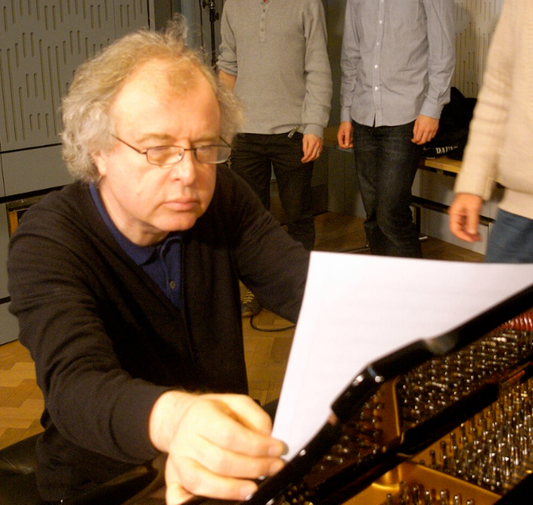Collection: HAROLD FARBERMAN: THE MUSICAL HERITAGE SOCIETY RECORDINGS
Harold Farberman (1929-2018) was a dynamic and versatile American musician, renowned primarily as a conductor but also distinguished as a composer and virtuoso percussionist. Born in New York City, Farberman's musical journey began behind the timpani. He graduated from the Juilliard School and swiftly rose to prominence, serving as the youngest member and principal percussionist of the prestigious Boston Symphony Orchestra from 1951 to 1963 under Charles Munch.
However, Farberman's ambitions extended beyond performance. He studied composition with Aaron Copland at Tanglewood and conducting, eventually transitioning fully to the podium. His conducting career was marked by energy, rhythmic precision likely honed by his percussion background, and a strong commitment to contemporary music, particularly American composers.
A pivotal moment came when he founded and served as Music Director of the Oakland Symphony Orchestra (California) from 1971 to 1979, significantly raising its profile. He also held positions with the Colorado Springs Symphony Orchestra and the Bournemouth Sinfonietta (UK), and was a frequent guest conductor internationally.
Farberman was a prolific composer, often integrating complex percussion elements into his works, which included operas, symphonies, concertos (notably for percussionists like himself), and film scores. He gained significant recognition for his ambitious recording projects, including pioneering complete cycles of the symphonies of Charles Ives and Gustav Mahler (with the London Symphony Orchestra).
A dedicated educator, he founded the influential Conductors Institute at Bard College in 1980, mentoring generations of aspiring conductors. Harold Farberman's multifaceted career left a lasting impact on American musical life through his energetic leadership, advocacy for new music, significant recordings, and dedication to teaching.

